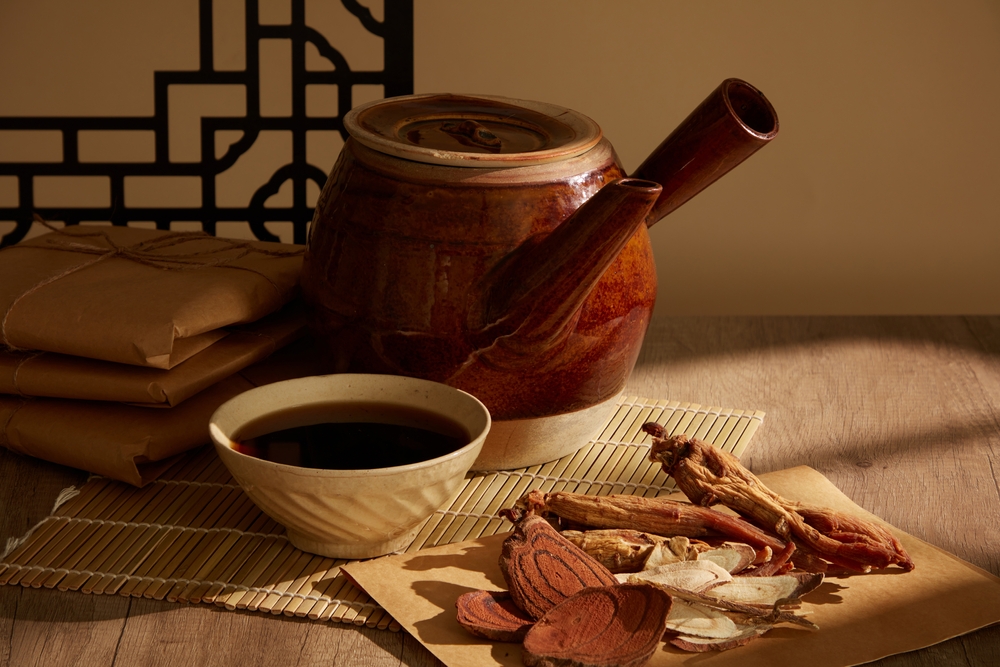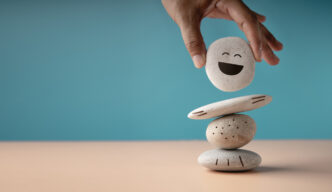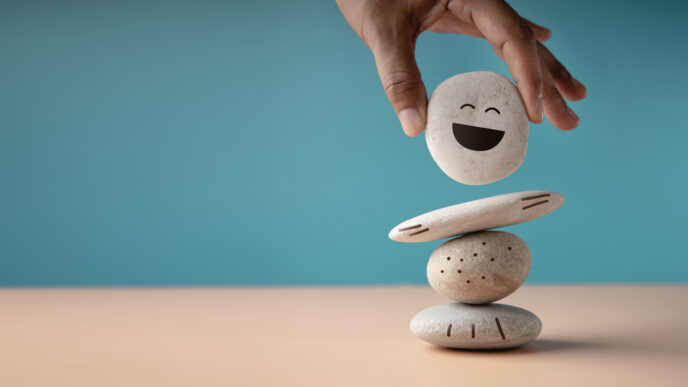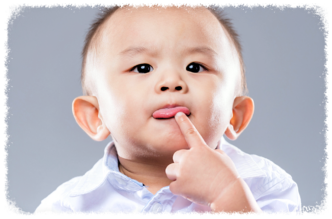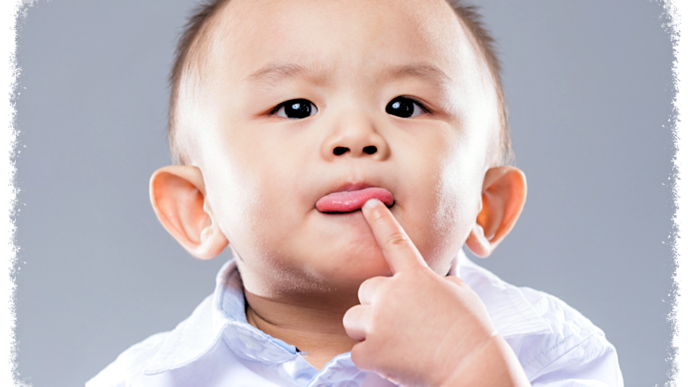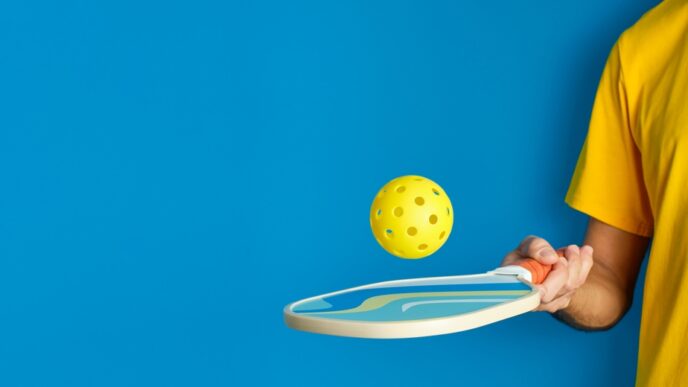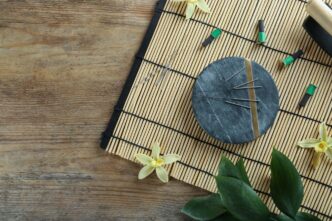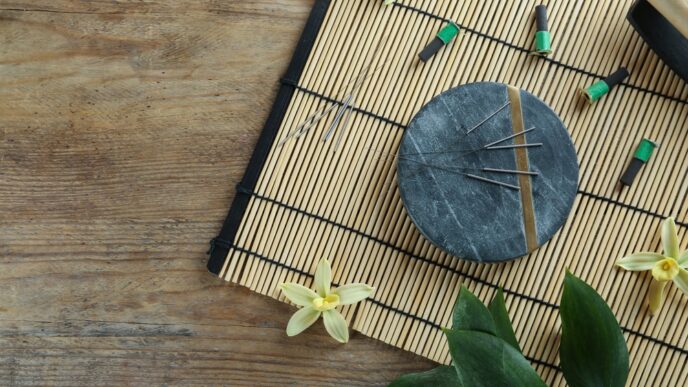WORDS DR ONG SIEW SIEW
 FEATURED EXPERT FEATURED EXPERTDR ONG SIEW SIEW Clinician-in-Charge and Senior Chinese Medicine Practitioner Chinese Medicine Centre IMU Healthcare |
YES, TRADITIONAL CHINESE MEDICINE IS LEGITIMATE
Traditional Chinese medicine, often abbreviated as TCM, is a legitimate practice recognized the Ministry of Health Malaysia.
Indeed, under the Traditional and Complementary Medicine (T&CM) Act 2016 [Act 775], the TCM industry is going through an important transition towards greater uniformity and credibility among the practitioner community and the services they offer.
TRADITIONAL CHINESE MEDICINE USES DIFFERENT PRINCIPLES FROM WESTERN MEDICINE
The foundation of traditional Chinese medicine is this belief that every person has a unique body constitution pattern, signifying the intricate equilibrium of opposing elements.
These opposing elements must co-exist harmoniously for a person to be in good health.
Traditional Chinese medicine aims to restore this equilibrium and regulate the body’s dynamic energy, which can be affected by various factors such as diet, stress, chronic illnesses, and more.
TRADITIONAL CHINESE MEDICINE PRACTITIONERS CAN HELP WITH MANY AILMENTS
For example, they can help to relieve chronic pain, support the immune system, improve sleep quality, and much more. Some practitioners also specialize in certain areas of health such as the heart, lungs, digestion or the reproductive system.
Two patients with a similar ailment may receive different therapies because each of them presents a unique imbalance that requires rectification.
As the treatment evolves and the patient’s constitution undergoes changes, the prescription and treatment may require modification. Therefore, it is highly advisable to maintain continuity of treatment with the same practitioner, who can closely monitor your progress.
WHILE THEY ARE FUNDAMENTALLY DIFFERENT, WESTERN & TRADITIONAL CHINESE MEDICINE CAN GO HAND IN HAND
This is as long as both parties are well-informed.
It’s essential to take any oral medications from the two disciplines at least 4 hours apart to minimize the risk of interactions.
In contrast, for external treatments such as acupuncture, cupping or moxibustion, the likelihood of unwanted interactions is minimal.
TRADITIONAL CHINESE MEDICINE IS NOT SPIRITUAL OR RELIGIOUS
Many people of different backgrounds seek help from TCM practitioners.
Indeed, for your first visit, it will be similar to any other medical appointment. The practitioner will take note of your medical history and perform some diagnostic techniques to check the body’s constitution.
It can be helpful to bring along medical records such as blood test results and any imagings like scans or X-rays to provide more background.
You can also list out your medications and supplements and discuss your daily routines and lifestyle.
All this information will help the practitioner to understand more about you and your needs, so that an effective treatment plan can be formulated.
In this way, a TCM practitioner assesses a patient’s condition using traditional Chinese medicine diagnostic principles and utilizes a personalized combination of treatment methods. These are all grounded in scientific and non-spiritual principles to address any imbalances in the body.
ALWAYS LOOK FOR A REGISTERED TCM PRACTITIONER
From March 2024, all licensed TCM practitioners will be registered with the T&CM Council and issued an Annual Practising Certificate (APC). This will make it easy to verify the authenticity of a registered TCM practitioner.

